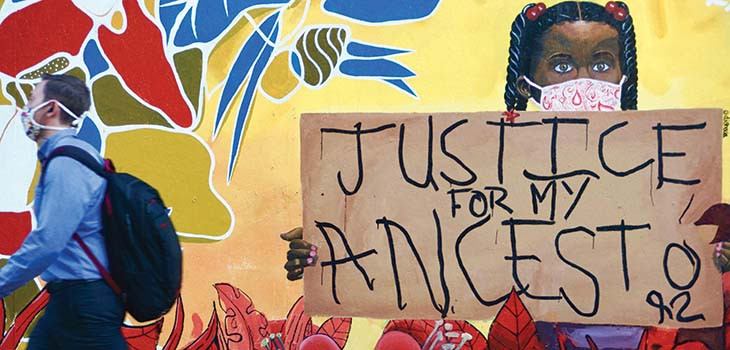
- Examines whether states could have a claim in public international law against states complicit in the transatlantic slave trade.
- Covers some historical context, including written works of Olaudah Equiano from 1789, and international treaties.
- Refers to the Island of Palmas case.
In 2013, the Caribbean Community set up the CARICOM Reparations Commission to ‘prepare the case [for] reparatory justice for the Caribbean region’s indigenous and African descendant communities who are the victims of Crimes Against Humanity in the form of genocide, slavery, slave trading and racial apartheid’. A decade on, the issue is rarely far from the headlines.
CARICOM’s proposal encompasses a variety of approaches. This article focuses on the issue of law: do states have a tenable claim in public international law against states complicit in the transatlantic slave trade? (See generally Buser, Colonial Injustices and the Law of State Responsibility,









